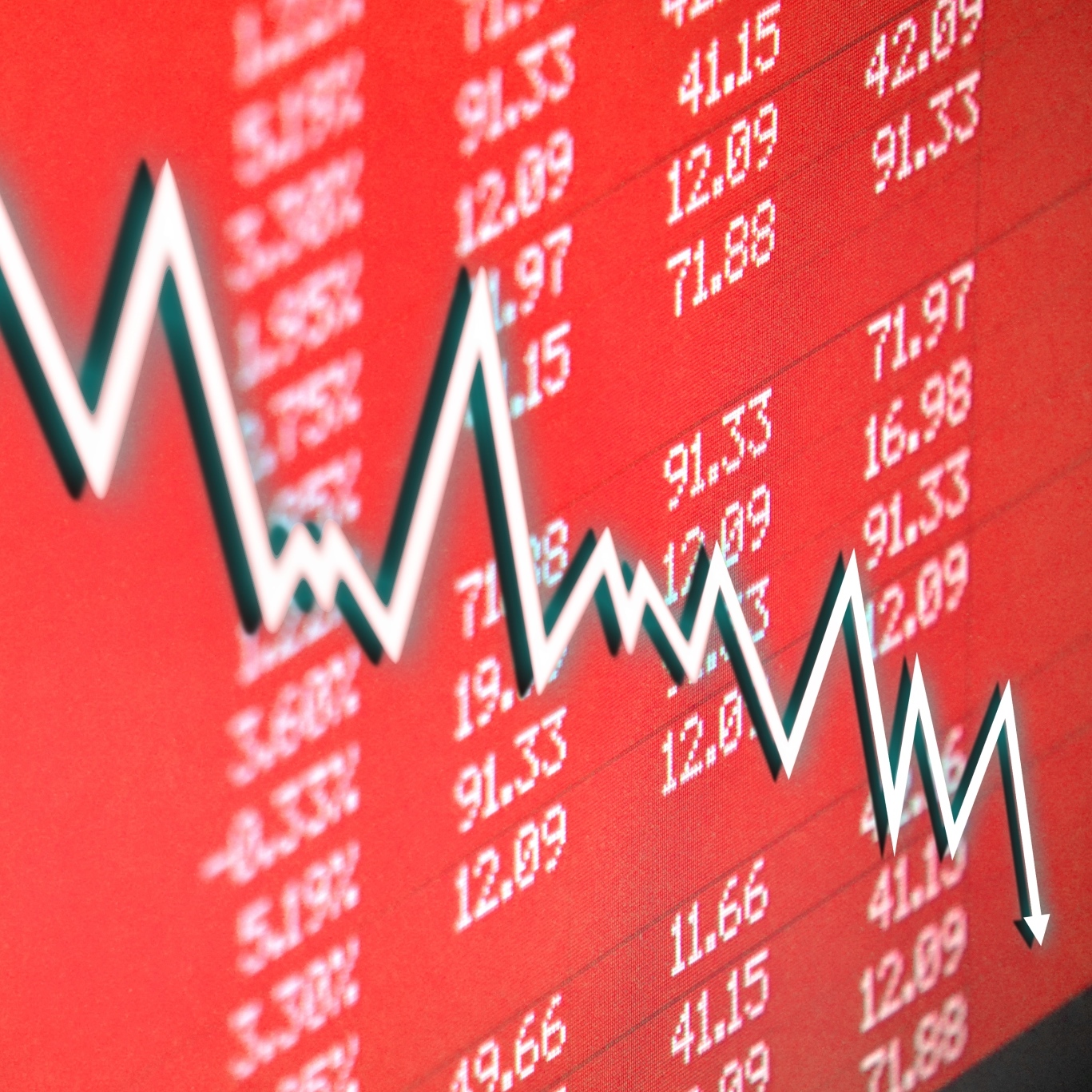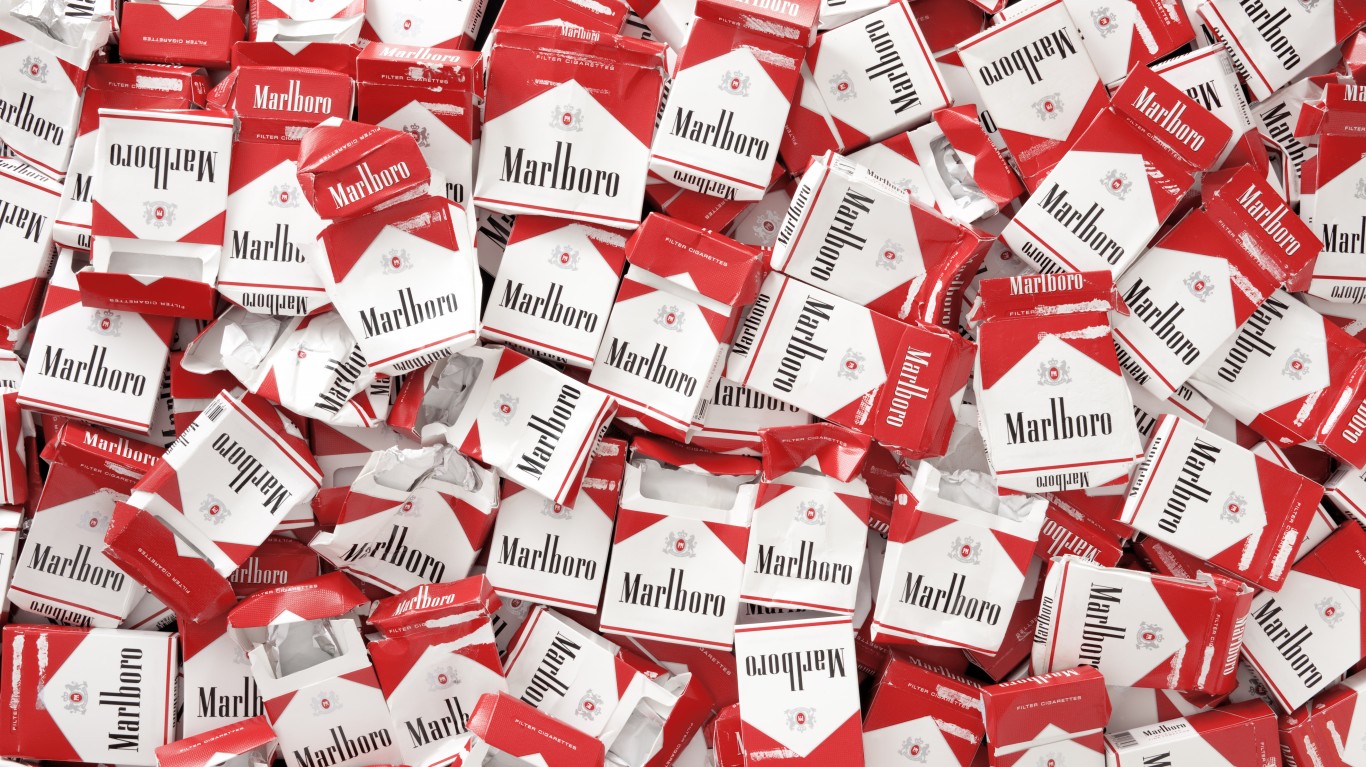
A recession is looming. Despite the S&P 500 nearing its all-time high, the yield curve inverted and the Sahm Rule was activated. The Federal Reserve is also poised to initiate the first interest rate cuts in over four years.
With unemployment rising, the Bureau of Labor Statistics also dramatically revised lower by 818,000 the number of new jobs that were created over the past year. It’s time to brace for impact.
That doesn’t mean pulling all of your money out of the stock market. It means it is important to keep some powder dry from when the market crash does hit. It is during corrections, crashes, and, yes, recessions that the best stock buys are found.
Maybe take some profits from a few of your big winners over the past year or two. Pick up positions in more defensive sectors and stocks. You won’t be able to avoid all the market pain, but you can lessen its effects.
Just remember, every bear market is followed by a bull market that wipes away all vestiges of the lower lows hit. Hardly anyone remembers anymore the pandemic-induced crash in 2020 that saw the market lose more than a quarter of its value in just a few weeks. That’s because the stock market always goes on to higher highs.
As you seek out these recession safe havens, the two stocks below should be at the top of your buy list for the coming crash.
Key Points About This Article:
- Numerous signals point to a potential stock market crash striking soon as the economy weakens.
- The best offense to protect your portfolio in a downturn is a good defense, like these two stocks in defensive market segments.
- If you’re looking for some stocks with huge potential, make sure to grab a free copy of our brand-new “The Next NVIDIA” report. It features a software stock we’re confident has 10X potential.
AbbVie (ABBV)

Pharmaceutical giant AbbVie (NYSE:ABBV) is a solid choice for a market and economic downturn. Healthcare is essential for everyone and few will forego their prescriptions during bad times. AbbVie is not a recession-proof stock, but is certainly very resistant.
The pharma stock has even been able to negotiate the loss of patent protection on its monster rheumatoid arthritis (RA) drug Humira. While AbbVie lost almost a third of the drug’s sales last year as biosimilars hit the market, it still pulled in over $14 billion in worldwide sales, or 27% of total revenue.
But the pharmaceutical has a strong portfolio of marketed and pipeline drugs that it can fall back on to help make up the shortfall. For example, plaque psoriasis treatment Skyrizi saw a 50% jump in sales in 2023 to $7.7 billion and Rinvoq, another RA therapy, saw sales surge 57% last year to almost $4 billion. Through the first half of 2024, sales of those two drugs are up 44% and 53%, respectively, even as Humira is down by another third.
AbbVie also pays shareholders a dividend that yields 3.2% annually. It has raised the payout every year since being spun off from Abbott Laboratories (NYSE:ABT) in 2013. Over the last decade AbbVie has a total return in excess of 436% compared to a 238% return of the S&P 500, making it an excellent stock to buy in preparation of a market crash.
Altria (MO)

Tobacco stock Altria (NYSE:MO) hasn’t offered investors the same kinds of returns as AbbVie, but it makes up for that by being able to withstand the worst recessions. Because of the addictive nature of nicotine, smokers continue buying cigarettes regardless of conditions. They might even smoke more. Even when prices are raised, which Altria tends to do two to three times a year to offset rising costs and taxes, it loses few customers.
Its Marlboro brand remains the dominant cigarette on the market with 42% share overall, and it has a 59% share of the premium cigarette market.
However, there is a secular decline in smoking in the U.S. that can’t be ignore. Altria is pursuing reduced-risk products in response, including chewing tobacco, snuff and snus, nicotine pouches, and vapor products. Despite its $13 billion investment in one-time electronic cigarette leader Juul Labs going up in smoke, it has since acquired the NJOY brand.
Vaping appears to be the future of smoking and Altria is slowly growing NJOY’s market share. It has always been a distant third place with a negligible share, but Altria has increased it to 5.5% and it should continue growing in the future. NJOY enjoyed a 14% increase in consumable shipments in the second quarter and an 80% jump in device shipments.
Altria also pays a sustainable dividend that yields a rich 7.7% annually. It paid its first dividend in 1928 and began regularly increasing it in 1969, making for 55 consecutive years of dividend increases. MO stock is another great stock for your disaster preparations.
It’s Your Money, Your Future—Own It (sponsor)
Retirement can be daunting, but it doesn’t need to be.
Imagine having an expert in your corner to help you with your financial goals. Someone to help you determine if you’re ahead, behind, or right on track. With SmartAsset, that’s not just a dream—it’s reality. This free tool connects you with pre-screened financial advisors who work in your best interests. It’s quick, it’s easy, so take the leap today and start planning smarter!
Don’t waste another minute; get started right here and help your retirement dreams become a retirement reality.
Thank you for reading! Have some feedback for us?
Contact the 24/7 Wall St. editorial team.





